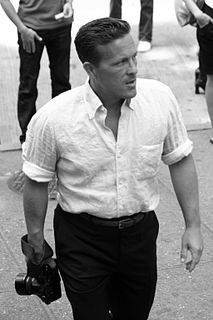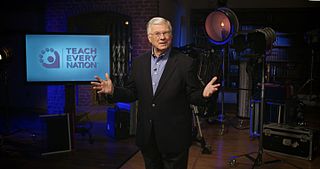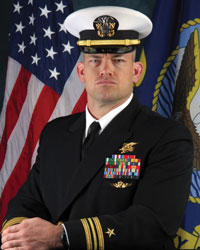A Quote by Simon Sinek
The worst leaders are the once that think they have to know as much or more than the people who work with them. The best leaders are the once who know that their employees know hell of a lot more than what they know and willing to admit it whilst expressing the value of their employees.
Related Quotes
I think there's just an inherent burden of being alive and being a woman. No man would ever admit that, but I think women know it, which is: You know more than men, you know more than most people you're dealing with every day, and you know that's it up to you to make things move forward, and you get paid half as much, but you just do it.
The best leaders are those their people hardly know exist.
The next best is a leader who is loved and praised.
Next comes the one who is feared.
The worst one is the leader that is despised ...
The best leaders value their words, and use them sparingly.
When they have accomplished their task,
the people say, "Amazing!
We did it, all by ourselves!
I think in Japan I think there is a lot of style and a lot of subcultures, but it will be interesting to see how much of them... how much of the people wearing those clothes are really expressing something about who they are or who they want to be and it will be very interesting to see, especially once you get there, once you get to a certain city like in Stockholm you really get to know the people a little bit and what they're saying through their clothes. It's more... To me I think it's much more interesting than just the clothes they're wearing or the length of the skirt.
Before a game, you know, I can take off my helmet, run over there and spend a few moments with someone who is dealing with so much more than I've ever had to deal with and to love on them and care about them and in front of thousands and thousands of people, you know, let them know that they're more important than all of this.
I once succumbed to the fad of fasting and went for six days and nights without eating. It wasn't difficult. I was less hungry at the end of the sixth day than I was at the end of the second. Yet I know, as you know, people who would think they had committed a crime if they let their families or employees go for six days without food; but they will let them go for six days, and six weeks, and sometimes sixty years without giving them the hearty appreciation that they crave almost as much as they crave food.
There are more ideas on earth than intellectuals imagine. And these ideas are more active, stronger, more resistant, more passionate than "politicians" think. We have to be there at the birth of ideas, the bursting outward of their force: not in books expressing them, but in events manifesting this force, in struggles carried on around ideas, for or against them. Ideas do not rule the world. But it is because the world has ideas (and because it constantly produces them) that it is not passively ruled by those who are its leaders or those who would like to teach it, once and for all, what it must think.
The single best way to develop leaders . . . is to take people out of their safe environment and away from the people they know, and throw them into a new arena they know little about. Way over their head, preferably. In fact, the more demanding their challenges, the more pressure and risk they face, the more likely a dynamic leader will emerge.
Have you come over time to think that you know more now than you did when you were young, know less now than when young, know now there is so much more to know than you knew there was to know when young that it is moot whether you think you knew more then than now or less, or do you now know that you never knew anything at all and never will and only the bluster of youth persuaded you that you did or would?



































